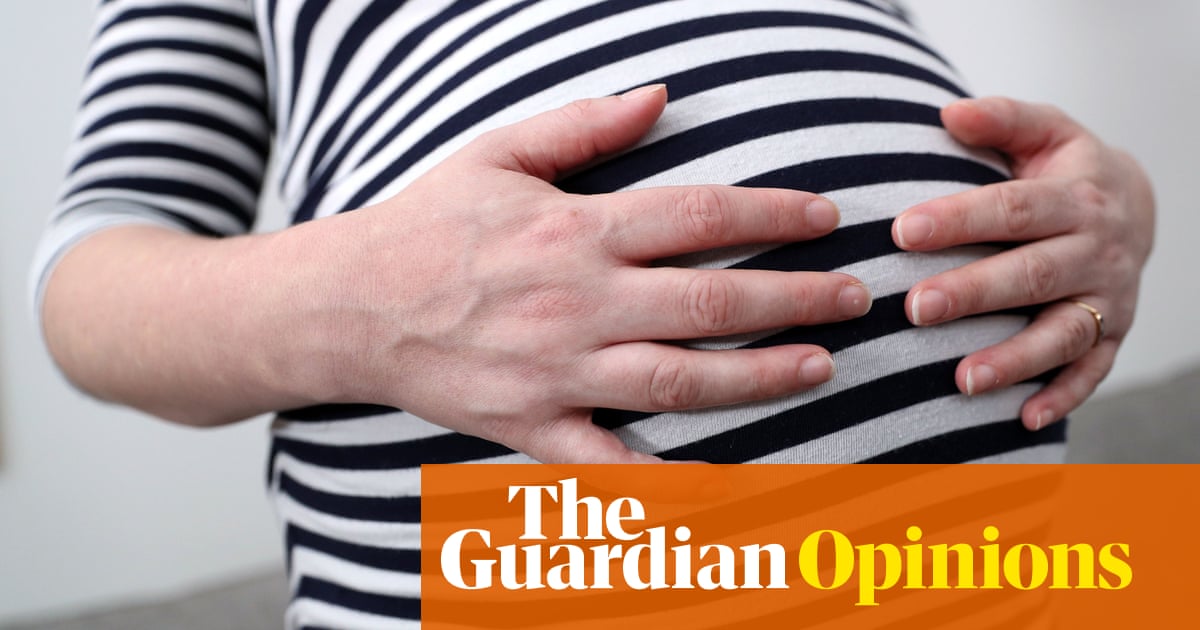
When I first met Andy, I got the sense that he hadn’t been born at all but rather quarried out of a mountainside: a big man with a warm smile who, as we spoke, was injecting medical-grade heroin into a line in his lower leg. As a serving chief constable, this was one of the more unusual introductions I’ve made with a member of the community.
Andy must have sensed my confusion at his apparent health and physical stature for a person on the heroin-assisted treatment programme in Middlesbrough, the first of its kind in England and Wales. “Heroin doesn’t make you skinny,” he said. “It’s just that heroin comes first and last and there’s never any money left for food. That’s why addicts are thin.”
If the “war on drugs”, first declared a full 50 years ago, has an established fighting front, it’s Andy’s home town of Middlesbrough. The latest statistics from 2020 show that 123 people died from drug-related deaths on Teesside – the highest number since figures have been collated, and one of the highest rates in the country. Across England and Wales, there were more than 4,500 drug-related deaths in the same 12 months.
The vast majority of those deaths would have been entirely preventable. In 21 years of police service I have slowly, perhaps too slowly, come to the conclusion that framing this crisis as a criminal justice problem has not simply been unhelpful, but counterproductive. This nationwide epidemic is a public health crisis.
Having said that, if it’s to be labelled as a problem, perhaps it’s best characterised as a political one. It must be recognised how hard it is for mainstream parties to initiate a conversation on drugs policy reform when votes are often won by being “tough on crime”. I agree with the sentiment, but there are different ways of achieving this. Some early advocates for reform do exist across the political divide, including MPs Crispin Blunt (Conservative) and Jeff Smith (Labour), but there is a growing appetite beyond Westminster to fundamentally reconsider our response.
In my time as Cleveland’s chief constable, we have increased the number of stop and searches and seen a large increase in the amount of illicit drugs seized – I’m proud of this. Stop and search can have an impact and ensure that vulnerable people are safeguarded. Likewise, closing cannabis farms can work: not only are drugs seized and gang members jailed, we safeguard those left to “farm” the cannabis who are often trafficked into the UK.
However, working alone as a single agency has had little impact on the problem as a whole. The production of heroin in Afghanistan, and cocaine in South America, has increased; organised crime activity and violence is at an historic high; and deaths continue to rise.
If we are to be serious about tackling this crisis, a fundamental change of approach is required. The government’s response to Carol Black’s independent drugs review proposes a cross-departmental drugs unit and reinvestment in treatment services that were cut during the years of austerity. The reinvestment is a particularly welcome recommendation and is a prerequisite to reducing deaths.
Most of us have allowed the message on drugs being bad (which they clearly are) to be conflated with addicts themselves being bad simply for using drugs. Let me be clear: some of the most odious and evil acts I’ve encountered in my police service have been perpetrated by drug addicts; but this is not universally true. Many, like Andy in Middlesbrough, have made bad choices in their lives – but by helping people like him, we help ourselves.
Andy is now on the path to stabilisation, supported by Danny Ahmed, a visionary who runs the treatment programme in the town. Danny explains that it required a brave set of people two years ago to sign off on his plan to give “heroin” to addicts. But viewing drug dependency as a chronic health condition, as Danny does, allows us to view the problem through a different prism: we would not hesitate to help patients manage other conditions that require ongoing medication.
As Danny explains, the patients are given diamorphine, the same drug that pregnant women often receive during labour to manage pain. Most people feel differently about his programme when this is explained. While watching Andy’s syringe being prepared (during which time he’s not allowed to be in the room) I asked the nurse what would happen to me if I took the diamorphine. So high is the dosage, I’m told it would probably kill me.
Andy chats happily as he prepares to self-administer the diamorphine in what amounts to a doctor’s surgery. He doesn’t fall back in a stupor on to a dirty mattress, as depicted in Hollywood movies, nor does he lose consciousness. At all points he’s lucid and talkative. Andy and the others on the programme do this twice a day, every day of the year: a phenomenal commitment for people who are used to living chaotic lives.
Andy invites me to stay for a cup of tea. He talks about a difficult upbringing in one of the poorest towns in England but acknowledges that not all those who have a difficult start in life end up abusing heroin. The ruinous path to addiction started as a means to “fit in” and fill a void in his life.
The programme has meant his life has stabilised, he’s rebuilding relationships with family members, and can look with confidence to the future. “I understand that you’ve got a job to do,” he almost pitifully suggests, before tailing off from the sentence – with the futility of the police’s work to stamp out drug abuse all too evident.
The heroin-assisted treatment programme offers hope, if scaled up on a national level, that demand for heroin can be cut. When the state offers a meaningful alternative to the street drugs that can be bought from organised crime groups, the demand for them decreases. What remains to be seen is how organised crime groups will adapt to plug a huge drop in profits.
Middlesbrough, a town so often discussed as a “problematic” area with “problematic” people, could possibly represent the beginning of the end for the “war on drugs” that has already taken too many lives.
Richard Lewis is chief constable of Cleveland police












